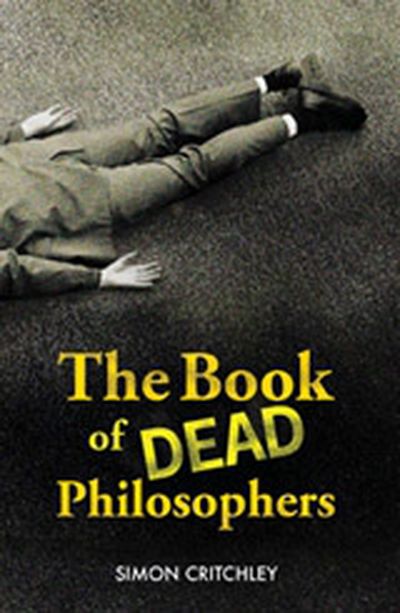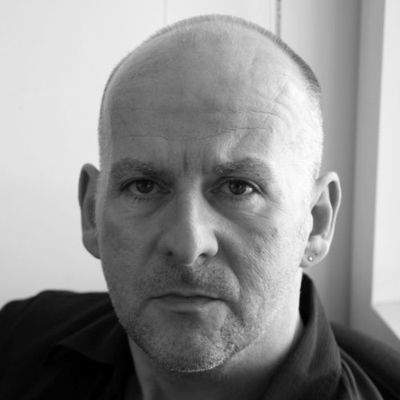The Book Of Dead Philosophers
The Book Of Dead Philosophers
Diogenes died by holding his breath.
Plato allegedly died of a lice infestation.
Diderot choked to death on an apricot.
Nietzsche made a long, soft-brained and dribbling descent into oblivion after kissing a horse in Turin.
From the self-mocking haikus of Zen masters on their deathbeds to the last words (gasps) of modern-day sages, The Book of Dead Philosophers chronicles the deaths of almost 200 philosophers-tales of weirdness, madness, suicide, murder, pathos and bad luck.
In this elegant and amusing book, Simon Critchley argues that the question of what constitutes a 'good death' has been the central preoccupation of philosophy since ancient times. As he brilliantly demonstrates, looking at what the great thinkers have said about death inspires a life-affirming enquiry into the meaning and possibility of human happiness.
In learning how to die, we learn how to live.
Diogenes died by holding his breath.
Plato allegedly died of a lice infestation.
Diderot choked to death on an apricot.
Nietzsche made a long, soft-brained and dribbling descent into oblivion after kissing a horse in Turin.
From the self-mocking haikus of Zen masters on their deathbeds to the last words (gasps) of modern-day sages, The Book of Dead Philosophers chronicles the deaths of almost 200 philosophers-tales of weirdness, madness, suicide, murder, pathos and bad luck.
In this elegant and amusing book, Simon Critchley argues that the question of what constitutes a 'good death' has been the central preoccupation of philosophy since ancient times. As he brilliantly demonstrates, looking at what the great thinkers have said about death inspires a life-affirming enquiry into the meaning and possibility of human happiness.
In learning how to die, we learn how to live.





